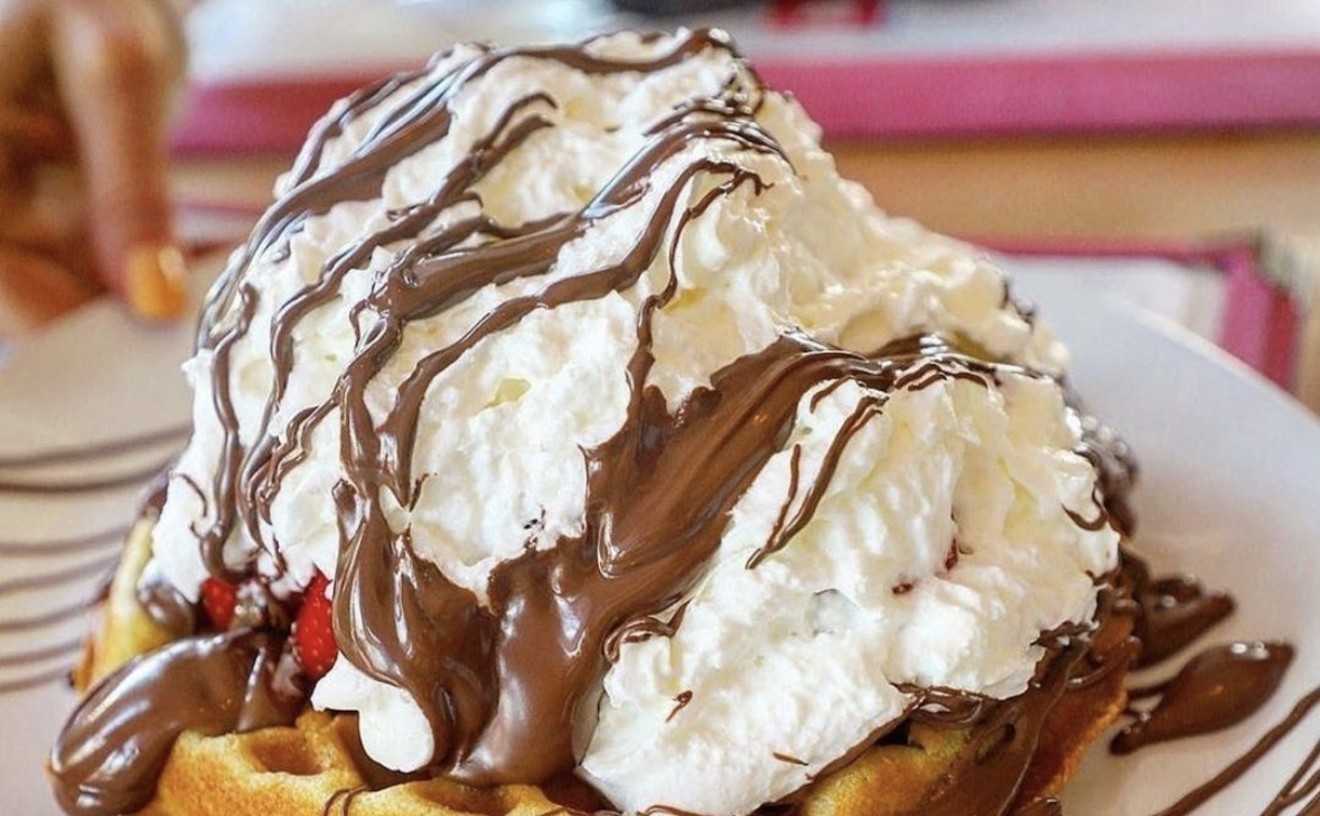This is part two of an interview with journalist, author, and historian Mark Kurlansky. (Part one is here.) Some of his best known books are the international best-sellers Salt, Cod (which won a James Beard award) and A Basque History of the World. His latest book, Edible Stories, is his third work of fiction.
He presents Edible Stories on Sunday at 2 p.m. at the Miami Book Fair. You can also catch him on the Haiti Noir panel with Edwidge Danticat at noon on Sunday.
New Times: In the New York Daily News, you said "I've always felt that Americans didn't take food seriously enough, but now I think they look at it too much." Do you think we're more food centric as a culture and do you think that's for better or for worse?
Kurlansky: We're definitely more food centric. It's probably more fashionable and trendy than it's ever been before. We have this phenomenon of food celebrities that we've never had before. And of course, we have the Food Network, which is all about this food that nobody ever eats--these strange combative sorts of situations. There's all of this stuff about food that there never was before.
But I think for most Americans--if they're being honest--their
relationship with food hasn't changed all that much. In New York, where
you have all of this variety of restaurants, where do you see people
lining up? You see people lining up in places that serve pancakes for
breakfast, places that make good cheeseburgers. And this is New York,
where people are supposed to be sophisticated eaters. Americans really
like these basic American foods.
I lived in France for a long time, and I had French friends who would
visit New York and other places in the U.S. and I was always very interested in what
they ate when they were visiting. Invariably, they were interested in
eating these very American things. Not surprisingly, they were not
interested in French-type restaurants at all.
You're a journalist. Do you also consider yourself a food writer?
I don't consider myself a food writer. I know that I've gotten lots of
awards for food writing and that the food world is very kind in its
welcome of me. I find food extremely interesting for how it helps us
with history, anthropology, and understanding culture. As a fiction
writer, food is a great way for setting scenes and illuminating
characters. But if you notice, I never write about food just as food.
I don't really read food writing either. I don't read restaurant
reviews and I'm not really the person you want to ask for a restaurant
recommendation. People ask me all of the time. They think I'm really
up on this stuff and I'm not. I don't actually go out that much.
I am always curious about whether writers like you consider themselves food
writers. Molly O'Neill once wrote an amazing article in the Columbia
Journalism Review about the fine line between food writing or journalism
and food porn. She talks about how that line is much thinner these days.
I have edited a food writing anthology called Choice Cuts. In the
introduction, I talk about how food and sex are the two great universal
human experiences. If you know about people's sex and people's food,
you know a lot about them. If you just write about sex for the
titillation of sex, that's called pornography, and while I'm not opposed
to pornography, I think there are more interesting ways to write about
sex. I feel the same way about food.










